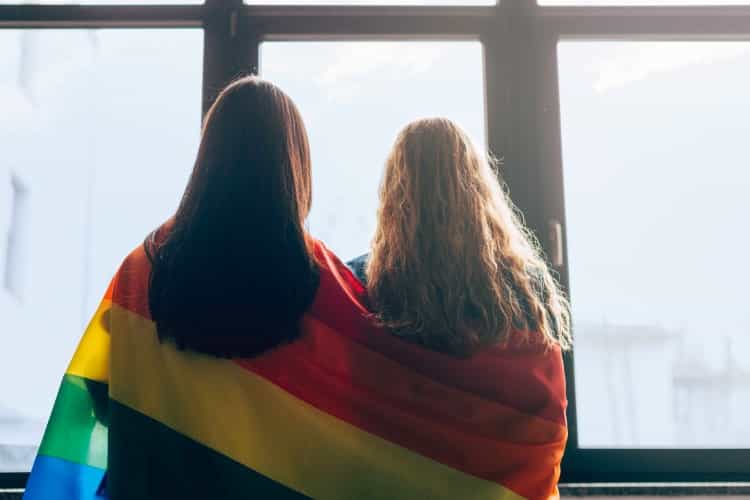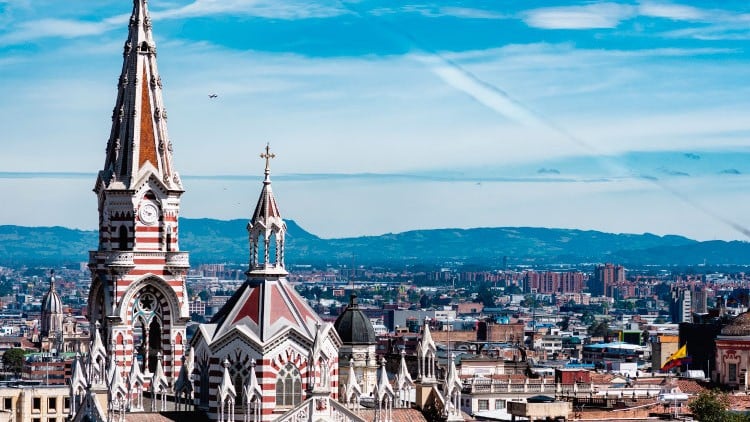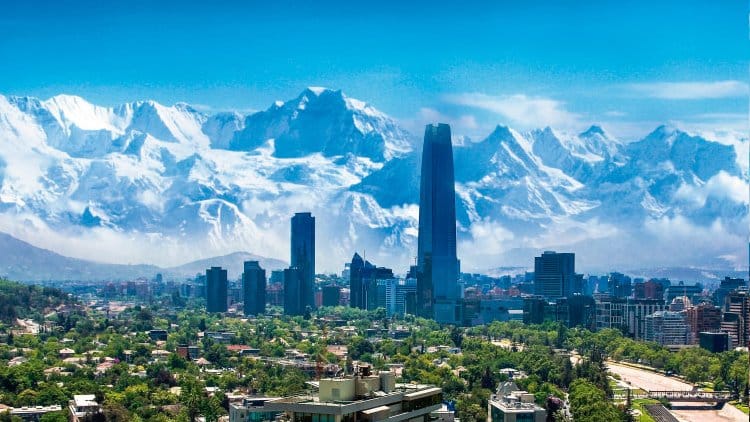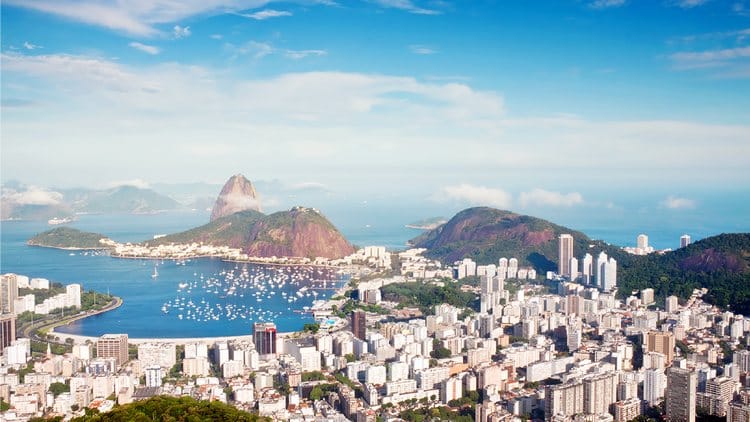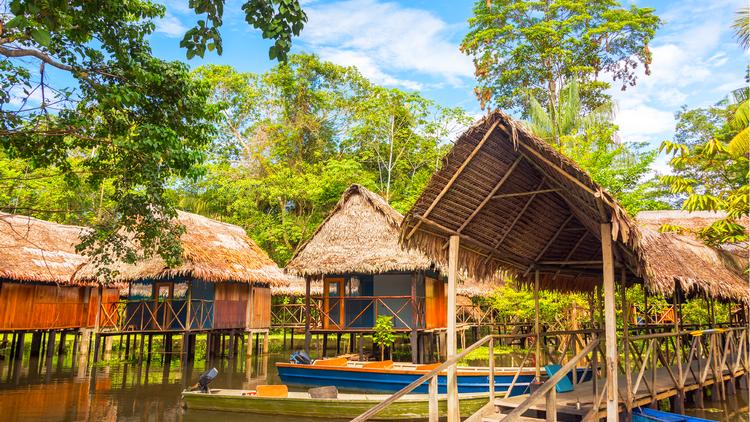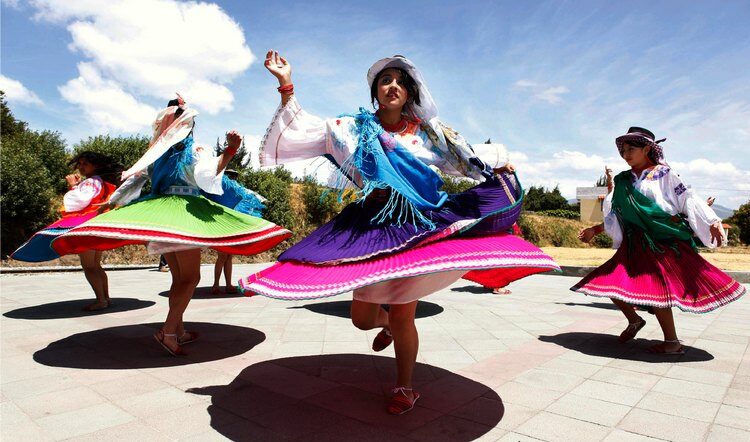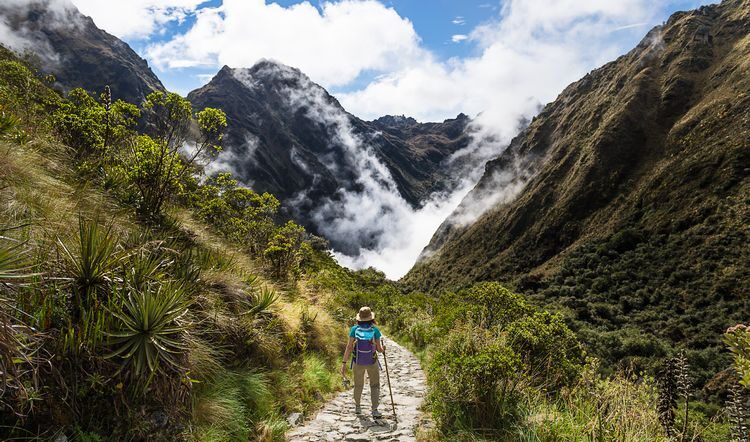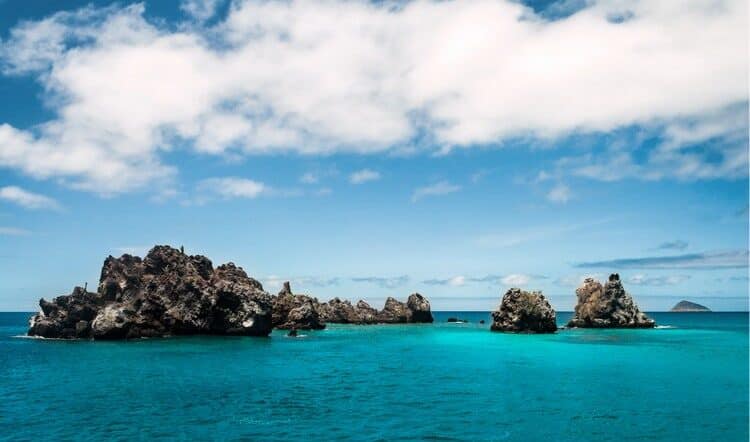It’s true that South America doesn’t have the best track record for welcoming and understanding the diverse scale of human gender identity and sexuality. This has been the case within both culture and politics due to religiosity’s strong current in South American society. The Catholic Church’s influence has made it very difficult for many in South America to reach an ultimately empathetic understanding of gender identity and sexuality.
The past two decades, however, have encouraged swift change and broader acceptance for members of the LGBTQ+ community through higher rates of immigration, global ideas circulating more freely, and government initiatives against hate crimes. Notably, countries like Uruguay and Argentina have become international leaders in the global human rights movement for LGBTQ+ inclusion and visibility.
If you are a member of the LGBTQ+ community looking to travel to South America and are a bit wary of the cultural climate (understandably so), consider adding one of the following most progressive and vibrant South American cities to your bucket list!
The Best Gay-Friendly Cities in South America
The list may not be very long for now, but it holds some very exciting destinations in South America. Bogotá, Santiago, and Buenos Aires are all bustling capital cities and home to such diverse communities. Río de Janeiro’s nickname says it all, it’s the “The Marvelous City,” and Iquitos, Peru, in the heart of the Amazon, is one of the world’s most unique cities only accessible by boat or plane!
1. Bogotá, Colombia
Welcome to the “Athens of South America!” As the third-largest city in South America and Colombia’s capital, Bogotá is home to some of its leading universities and libraries. From the Caribbean and Pacific coasts to the Andes and the Amazon, people from all corners of Colombia have gravitated to this academic hub and created the country’s most impressive melting pot.
More recently, Bogotá has also drawn international migrants and ex-pats. And these individuals from drastically different and diverse walks of life have helped encourage local grassroots movements and civil society organizations to speak up throughout Colombia!
Some groundbreaking milestones towards LGBTQ+ rights and visibility include: 1) in 2015, the right for trans individuals over 18 to legally change their gender on identification documents 2) in 2016 the right to same-sex marriage 3) in 2019, the election of Claudia López as Bogota’s first woman and openly lesbian mayor.
Be sure to check out the Chapinero neighborhood, home to just about one hundred gay-friendly bars, restaurants, and clubs. The two we would like to mention and highlight here are the Estación Café and Theatron, the largest LGBTQ+ club in Latin America. Aside from throwing internationally-known parties, Theatron also partners with local NGOs like Profamilia and Colombia Diversa in Colombia, continually fighting for LGBTQ+ rights and visibility.
2. Santiago, Chile
Considering the dreadfully dark days under the Pinochet dictatorship from 1973 to 1990, Chile has gained impressive ground towards LGBTQ+ rights and equality in a very short period. This past January 2020, the Chilean senate made history when they approved (22 votes in favor and 16 against) to legalize same-sex marriage.
Although parliamentary proceedings are still taking place to officially implement this law, the senate’s green light shows monumental solidarity from the Chilean government towards equal rights. Chile’s capital, Santiago, remains the heart of this solidarity.
For instance, the president’s central office called the Palacio de la Moneda dons bright rainbow colors on May 17th, the International Day Against Homophobia. On the whole, Santiago is such a vibrant and welcoming city. Still, it is worth noting that queer culture and nightlife are concentrated in the booming Bellavista neighborhood.
3. Río de Janeiro, Brazil
We want to make a special note that even with many national advancements in Brazil’s history towards LGBTQ+ rights, much of the country and culture is still not 100% safe for LGBTQ+ travelers. Pockets of the country have swung back towards conservatism since Jair Bolsonaro won the presidential election in 2018.
This said, same-sex marriage has been legal in Brazil since 2013, and despite the empty threats of Brazilian right-wing conservative Bolsonaro, it doesn’t appear this is going to change any time soon!
Brazilian LGBTQ+ rights groups have intelligently leaned on the Judiciary branch of government to win many important battles for the LGBTQ+ community. In doing so, they can sidestep the President and Congress. And so far, it’s working! As a result, many more people celebrate Pride every year with the same enthusiasm and joy as Carnival.
And there is no better example of this burgeoning progressive culture than in Brazil’s “Marvelous” city, Río de Janeiro! Río de Janeiro’s wonderfully campy and colorful Carnival and Pride celebrations, sprawling beaches, and exciting nightlife welcome all humans of every gender and sexual orientation.
Some specific spots to highlight and definitely check out are the famous beaches of Ipanema and Copacabana, where you can sip on caipirinhas, feel the sand between your toes, and mingle with like-minded individuals. Le Boy and The Week remain two of Rio de Janeiro’s premier gay nightclubs and Carnival and Pride, two of the city’s most explosive festivals!
4. Iquitos, Peru
Last year, Envy Peru made Peru’s LGBTQ+ community incredibly proud as the winner of Drag Race Holland, part of the international RuPaul’s Drag Race franchise. But even before her name lit up Peru’s drag scene, Iquitos’ queer culture has been welcoming in LGBTQ+ residents and travelers alike for as long as the city’s collective memory can recall.
Iquitos is a unique city in the Loreto region of Peru because it is the world’s largest city not accessible by road. When you arrive, you might not think of this rough and tumble jungle city filled with buzzing moto-cars, sprawling fish markets, and only a handful of major nightclubs as a gay hub. However, the truth is that LGBT individuals are visible and accepted within the city’s cultural fabric.
The vibrant LGBTQ+ community in Iquitos dates back to the 1980s, and 90’s when terrorism ravaged every corner of Peru. The Shining Path terrorist organization targeted many groups, and in particular, transgender and gay individuals, and prostitutes, were brutally mutilated and murdered. The isolated location of Iquitos proved to be a safe haven.
And continues to be a very safe place for gay and trans individuals to this day. Loreto was the very first Peruvian region to anti-discrimination laws for the LGBTQ+ community in 2010. Within Iquitos’ society, you won’t find “gay” or “straight” labels for restaurants, clubs, or parks; everyone is welcome in every space, and this is a given.
Even so, there are now quite a few specific areas of the city that have become gay hubs, especially for Peruvian members of the LGBTQ+ community traveling from more conservative corners of the country. Pampagay, for example, is the largest gay beach in Peru, and Copacabana club has some of the best drag in town!
5. Buenos Aires, Argentina
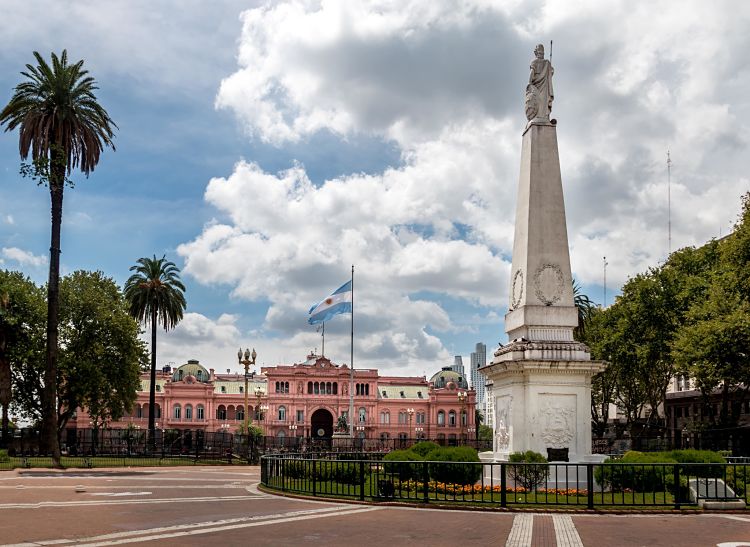
buenos-aires-city-lgbtq
This brings us to the “Paris of South America!” As the first Latin American country to make same-sex marriage legal in 2010, it’s no surprise that Buenos Aires is considered one of the most accepting South American cities.
Alongside the right to same-sex marriage, the Argentine government recognizes essentially every familial right to same-sex couples, including the right to adopt. And in 2012, the Argentine government created and approved one of the most comprehensive transgender rights laws globally!
Transgender individuals have the right to legally change their name without being subjected to psychiatric, judicial, or medical procedures, and hormone therapy and gender confirmation surgery are legally covered within both public and private healthcare plans.
Definitely make sure to pass through the bohemian San Telmo market, and grab a drink at the Pride Café, in addition to the queer tango halls such as La Marshall and Tango Queer (also in San Telmo).
Of course, in addition to these five cities, you will find other welcoming pockets scattered through the entire continent. And thanks to cities like Bogotá, Santiago, Río de Janeiro, Iquitos, and Buenos Aires, these pockets are working their way towards a deeper understanding of LGBTQ+ rights, issues, and visibility.
Contact us to learn more about how you can customize your ideal journey to South America’s leading LGBTQ+ vacation hotspots, bespoke to your travel style, interests, and comfort!

